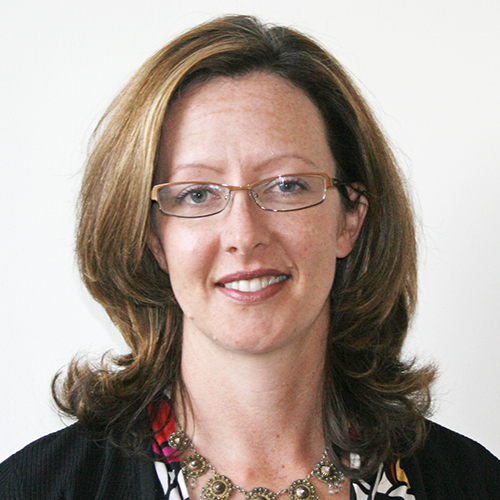Statement of Jocelyn Frye, President of the National Partnership for Women & Families WASHINGTON, D.C. – June 28, 2024 – Today, the Supreme Court upended sound, longstanding, legal precedent that has provided protections for everyday people for decades...

What, No Tiara?
Recently, a reporter conducted an analysis of the people considered to be “the most powerful” in the field of health information technology (IT).
Focusing on the Health IT Policy Committee (a federal advisory body that provides input to key federal agencies with jurisdiction over health IT), the reporter conducted an analysis of stakeholders serving on various workgroups with the capacity to influence public policy. His generous conclusion is that based on the number of workgroups and other subjective factors – including “forceful will” – that the most powerful person is…me.
My parents couldn’t be happier. My colleagues won’t let me live it down.
I’m more than a little embarrassed, since I can think of about a thousand other people in Washington more powerful than I am – including the hard-working federal agency staff that actually set and oversee the implementation of HIT policy and initiatives.
But to me, the most powerful people are actually those professionals in the field who are making a real difference every day in the lives of patients and their families.
They are living examples of how this can be done – that electronic health records can be used in a meaningful way right now to truly benefit not just doctors and health insurance companies, but patients and families themselves.
Physicians like Ted Eytan, who are using their medical training and their deep rooted personal beliefs that care really is about patients to help health systems like Group Health and Kaiser Permanente re-engineer the way they use information to provide care that is better, safer and more patient-centered.
Professionals like Micki Tripathi, who are leading statewide efforts to build systems and relationships that help doctors talk to each other electronically (through information exchange) and thereby coordinate care for patients who need it.
Institutions like the Department of Veterans Affairs, which is making it possible for veterans and their families to download their own health information electronically – so they don’t have to tote reams of paper from doctor to doctor in an attempt to make sure their care teams have the information they need to provide the best care they can.
These outstanding people and organizations are changing health care for patients and their families every day. They do what they do to help people like Susan Crowson. Susan was a caregiver for her father, “Pop,” for years. She created Excel spreadsheets to track his complex care. She alone bore the burden of getting doctors to share important information. When she took her dad for lab tests every two months, Susan was the one who had to make sure all Pop’s doctors got the test results — or it didn’t happen. In today’s technologically advanced world, this is just unacceptable.
At the end of the day, I believe that power in this world is about making a meaningful difference in people’s lives, and these are just a few of the most powerful people in my book. And more “power” to them!

